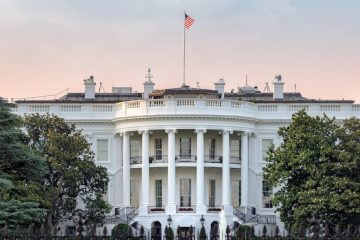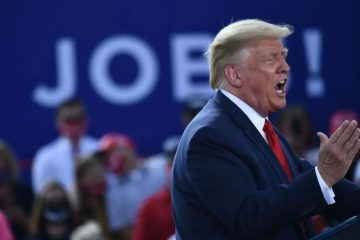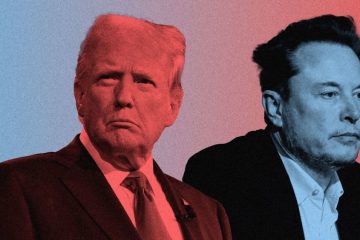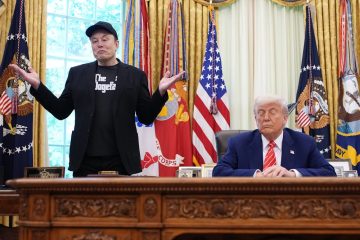Silicon Valley divided over Harris vs Trump
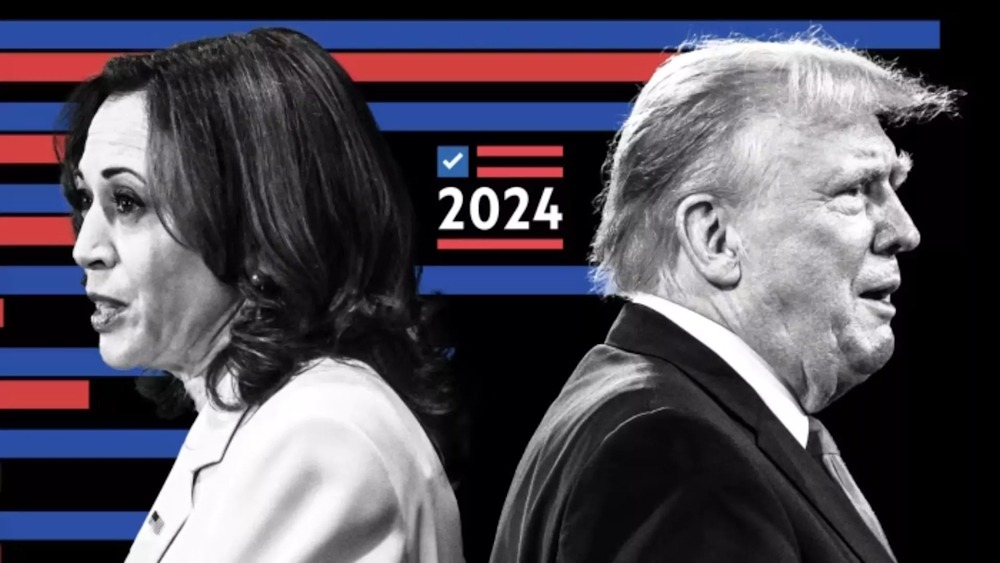
Elon Musk, a supporter of Donald Trump, criticized tech investor and Democrat Vinod Khosla as “deranged” due to Khosla’s dislike for the former president. Aaron Levie, the CEO of Box and a supporter of Kamala Harris, jokingly suggested that investor David Sacks must be under the influence of cough syrup for his support of Trump.
Green tech investors who once held Musk in high regard are now criticizing him for aligning himself with Trump, accusing him of betraying the cause. A heated public feud is unfolding in Silicon Valley as prominent figures in the tech industry exchange verbal blows with former allies and acquaintances in the lead-up to the upcoming presidential election. This type of internal conflict has been uncommon in past presidential elections due to the tech industry’s historical tendency to align with left-leaning ideologies. During this election, a select group of prominent figures, including Musk, have shown their financial support for Trump and have started speaking out about changing their political affiliations. This has sparked criticism from those who have traditionally remained silent about their political beliefs.
The political divide is straining business relationships and putting old friendships to the test. According to Sam Singer, a public-relations expert with experience working with Democratic politicians, there is currently a high level of tension in Silicon Valley due to the presence of two conflicting groups of business partners. “This is quite an extraordinary circumstance,” he remarked.
Democrats were energized by Harris, who hails from the San Francisco Bay Area, becoming the presidential candidate. A few weeks ago, the vice president had the opportunity to attend a fundraiser in San Francisco. The event was co-hosted by Reid Hoffman, the co-founder of LinkedIn, and it turned out to be quite successful, raising over $13 million. Harris’s tech supporters claim that her acceptance speech at the Democratic National Convention had an added surprise. She discussed the importance of offering opportunities and capital to both small-business owners and founders and entrepreneurs. She emphasized the significance of innovation and the necessity to take the lead in cutting-edge fields such as artificial intelligence. Her supporters saw this as an indication of her potential support for policies that are favorable to the tech industry.
Industry executives who support Trump expressed doubt on social media. There were attempts to highlight the support that independent presidential candidate Robert Kennedy Jr. gave to Trump. “Dream team,” Sacks tweeted alongside a photo of the two men exchanging a handshake. “It’s like having one of those dreams after taking NyQuil,” responded Levie, CEO of Box. “You were impressed by a nominee who never received any votes and refuses to give an interview, simply because they read the word ‘founder’ from a teleprompter.” “Please have a seat,” Sacks replied.
Trump’s tech supporters are concerned about the potential for increased taxes on wealthy individuals and corporations, as well as the potential for regulatory obstacles in emerging industries such as crypto. According to Harmeet Dhillon, an attorney who has represented Trump and is the Republican national committeewoman for California, it is believed that Trump will ease the increased scrutiny on mergers and acquisitions that occurred during President Biden’s administration. “There is a noticeable conflict among Silicon Valley billionaires as a few of them are breaking away from the group mentality and demonstrating independent thinking and actions in this election cycle,” she stated.
Shifting dynamics in human connections. In a LinkedIn post shared in August, climate tech investor Josh Felser publicly criticized a founder he had previously supported, who happened to be a Trump supporter. “I can’t help but wonder how I’ll react when I find out that more of my friends or colleagues are joining the Trump administration,” he mused. “Our relationships are bound to be permanently altered, and I have a feeling that future generations will not view them favorably,” he remarked.
A number of tech workers, predominantly female, have formed various groups like Tech4Kamala, VCs for Kamala, and Founders for Kamala with the aim of rallying support for Harris. According to Edda Collins Coleman, the co-founder of Tech4Kamala, there is a notable increase in polarization that has never been seen before. A recent survey conducted by VCs for Kamala revealed that the majority of venture capitalists who participated do not believe that the opinions of a few vocal billionaires who support Trump accurately reflect the views of the tech industry. The 225 individuals who took part in the survey expressed opinions that were generally in line with Harris’s views. They believe that the government should simplify the visa process for tech workers, among other suggestions.
Tensions had been building up for quite a while. In mid-August, Ben Horowitz, the co-founder of venture-capital firm Andreessen Horowitz, expressed his strong disagreement with former Sequoia Capital Chairman Michael Moritz, who is a partial funder of The San Francisco Standard news site. The men’s companies have made investments in some of the same businesses.
Horowitz, a former Democratic donor who now supports Trump, criticized Moritz for allegedly commissioning an article that raised doubts about Horowitz and his wife’s change in political allegiance. Moritz has made contributions to Democratic causes in the past. “Sir Michael Moritz is currently using his disreputable publication to create false and malicious articles about me, his business competitor,” Horowitz stated on X. “And, he decided to go after my wife.” The article provided a comprehensive account of the couple’s political contributions and highlighted their transition from the Democratic to Republican party as an intriguing enigma. The news outlet refuted any connection to Moritz. Moritz failed to provide a response when asked for comment.
There is a sense of disappointment among certain founders and investors in the green energy sector who admired Musk, as they feel he missed an opportunity to challenge Trump’s dismissal of environmental concerns during their extensive conversation on Musk’s social-media platform X.
In July, Hoffman and Peter Thiel had a heated disagreement about their political views at the prestigious Sun Valley conference. Hoffman, the co-founder of LinkedIn, has generously contributed over $10 million towards supporting Biden and Harris’s presidential campaigns this election. Thiel has openly expressed his support for Trump and provided financial support for JD Vance’s Senate campaign. Hoffman and Thiel collaborated at PayPal, alongside Musk and Sacks. According to Hoffman, the billionaires have stopped communicating with each other due to Thiel’s political beliefs, as mentioned during the conference. On Friday, Hoffman made an appearance on the All-In podcast, hosted by Sacks and others, where some individuals in Silicon Valley who support Trump have expressed their opinions. The discussion was intense yet friendly.
Technology industry leaders are significant contributors to the campaigns of both political parties. In July, Harris’s campaign committee, which was transferred to her name after Biden dropped out, raised approximately $204 million, while Trump’s campaign committee raised $47.5 million.
Waseem Daher, the founder of a startup based in San Francisco, recently made his first-ever donation to a presidential candidate. “This time felt unique,” he remarked. The concern for the state of American democracy is palpable. Daher has successfully raised $80,000 for Harris and has committed to matching donations from others up to $1 million.
Garry Tan, the chief of startup accelerator Y Combinator, has announced plans for another fundraiser in support of Harris. Jacob Helberg, an adviser at Palantir Technologies, along with other individuals, is organizing a fundraising event for Vance scheduled for September.
Several tech executives are eager to resolve the ongoing disputes in a more private manner. Videogame company Zynga co-founder Mark Pincus has stated that he does not endorse any candidate in the upcoming election. Pincus has made contributions to Democratic causes in the past. “We hold such strong convictions about the righteousness of our perspective that we tend to pass moral judgments on those who hold opposing views,” he expressed on LinkedIn. “We have all taken things to an extreme.”

